- Tags:
- auspicious days / Fortune / ichiryumanbaibi / Shrine / tenshanichi
Related Article
-

Gorgeous natural art appears in Shinto shrine’s water ablution pavilion during a cold spell
-
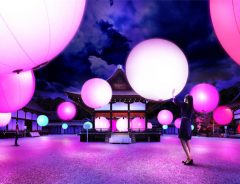
Kyoto Light Festival Is An Enchanting New Tradition Of Lights and Sounds
-
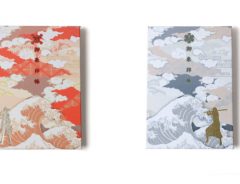
Stylized One Piece shrine and temple pilgrimage books released in Japan
-
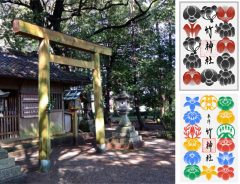
Shrine in Mie Prefecture offers free Goshuin NFT as part of revitalization efforts
-
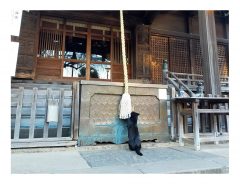
Black cat witnessed “praying” at Japanese shrine during New Year visiting time
-
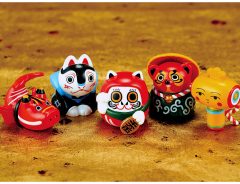
Reveal your fortune for the year with these lucky charm capsule toys
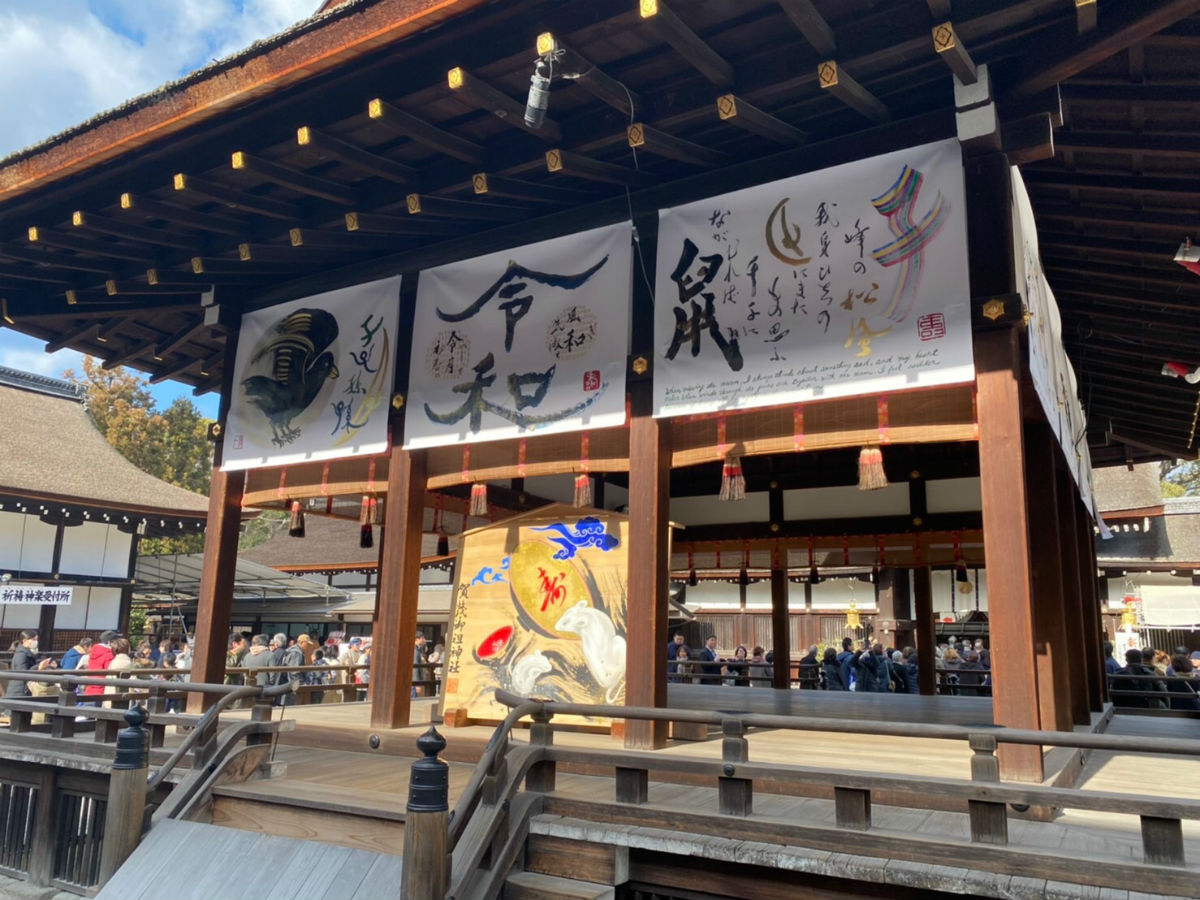


In the United States and many other western countries, New Year’s Eve means staying up late with family or friends, counting down, and welcoming the new year to varying degrees of intoxication. Getting out of bed on January 1st, many are victim to the year’s first hangover.
We bid the holiday season farewell and get serious about our New Year’s Resolutions to lose weight, eat healthier, and save money. And although many may be motivated, there’s a common heavy feeling that settles in as everyone goes back to work and school.
Many Japanese also fall victim to New Year’s hangovers and the blues of having to return to work. But on the bright side, the holidays extend a bit past January 1st for many, allowing everyone to enjoy traditions popular among old and young alike.
As the first rays of Reiwa 2 dawned upon Japan this year many of us visited local shrines to pray for health and prosperity. We enjoyed greasy fried fish, which I’d never seen at a Japanese food stand before, and sweet mochi skewers.
Photo by Mujo
Photo by Mujo
I went to Shimogamo Shrine this year and received a water fortune. When the slip of paper is soaked in water, it reveals predictions about this year’s travels, love life, work, money, health, and wishes. Here you can see many people bent over the water wetting their fortune slips.
Photo by Mujo
When soaked in the temple’s stream, my fortune revealed itself to be ‘daikichi’ 大吉, or excellent luck.
Photo by Mujo
In line with my own personal good luck, 2020 also holds some particularly auspicious days.
What is ‘Tenshanichi’?
According to the Japanese almanac, Tuesday, January 22 is 天赦日 ’Tenshanichi.’ This means it is an auspicious day to start a new endeavor. There are only a handful of these lucky days in a year. These are said to be great days for:
January 22 is considered to be especially lucky because it overlaps with another especially fortuitous day known as 一粒万倍日 ‘Ichiryūmanbaibi.’ This phrase can be translated as “a single seed can eventually produce a great harvest,” or “even the smallest beginning can generate the greatest profit.” Literally it would translate as a day when one grain is multiplied 10,000-fold.
As such, people who want to make a great change or start something new should take advantage of this lucky day’s positive energy.
Auspicious Days of 2020
January 22 and June 20 are the only two days of 2020 when 天赦日 ‘Tenshanichi’ and 一粒万倍日 ‘Ichiryūmanbaibi’ overlap.
To review, the auspicious days of 2020 are:
You can try to make the best use of these days. Or if you forget, perhaps you’ll notice in retrospect that these days were especially lucky.
Why are these days considered lucky?
These select days are based on the Japanese calendar or almanac known as ‘koyomi’ 暦. According to this website dedicated to the Japanese almanac, many different factors such as yin and yang, the five elements, astrology, change of the seasons, etc., are calculated to determine which days are lucky.
Oka, a 49-year-old from Gunma told me ‘koyomi’ was forbidden in the past by the Imperial Court because they feared it was too superstitious and could be manipulated by people of “evil intent.”
Do Japanese believe in fortune-telling?
From みくじ ‘Mikuji,’ the paper fortune slips you can receive at shrines, to blood types differentiating personality types, Japanese culture includes many different forms of fortune-telling. Star sign horoscopes can be found in popular magazines and newspapers as well.
But to what degree do Japanese people place their faith in what some, like the Imperial Court, would call superstition?
In much the same way many get excited when their daily horoscope says, “Be patient, for your true love will appear soon,” Chisato said her interest isn’t about belief as much as it gets her in a positive mindset.
If you are a believer of various fortune-telling methods, go ahead and make the best of this year’s auspicious days. In the case you find this all to be superstitious nonsense, surely you can at least appreciate some inevitable coincidences when things line up, for better or for worse.